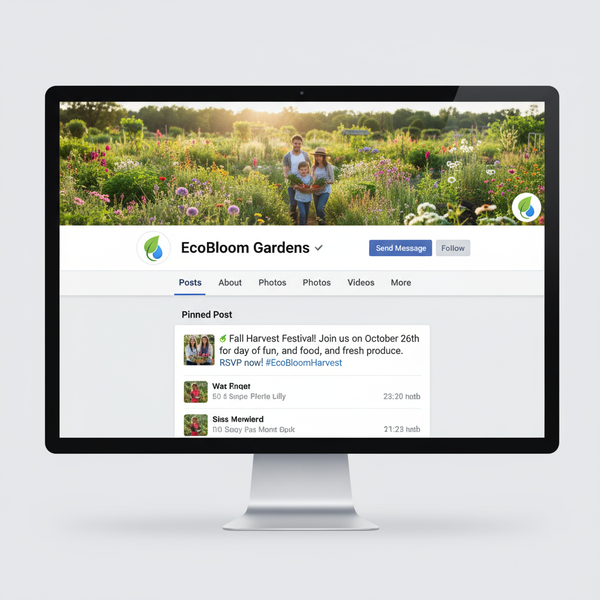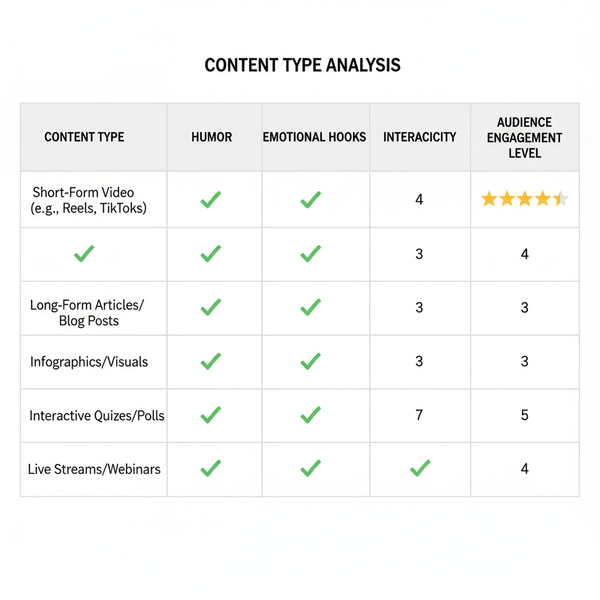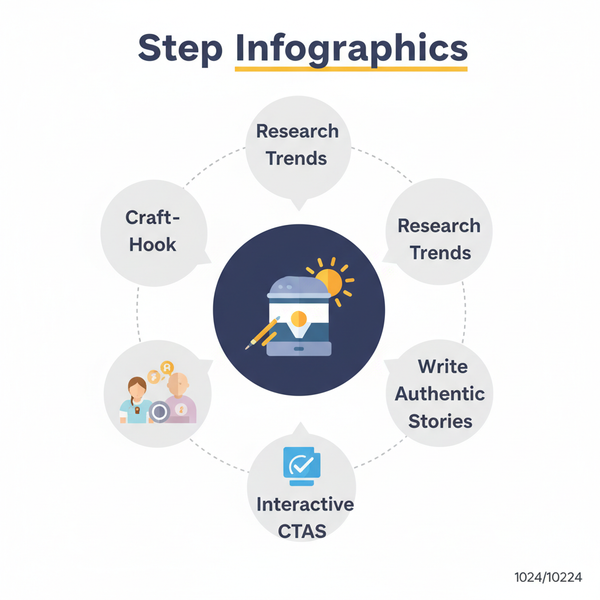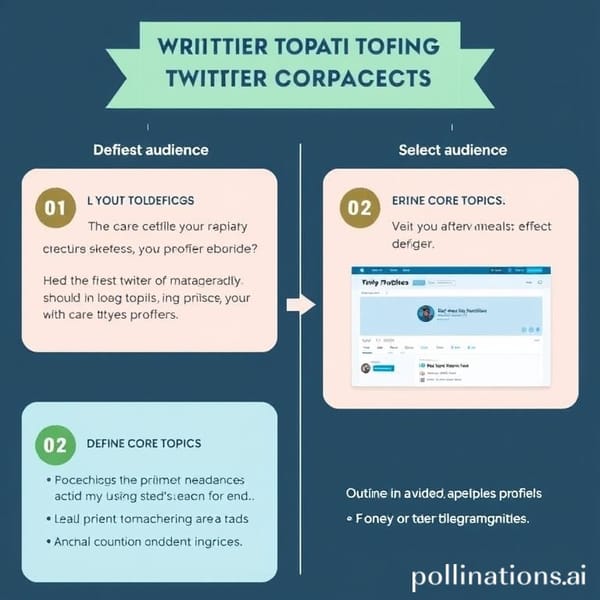Does Facebook Detect When You Take a Screenshot
Learn whether Facebook detects screenshots, how it compares to Snapchat, Messenger policies, and tips for maintaining privacy in chats and groups.
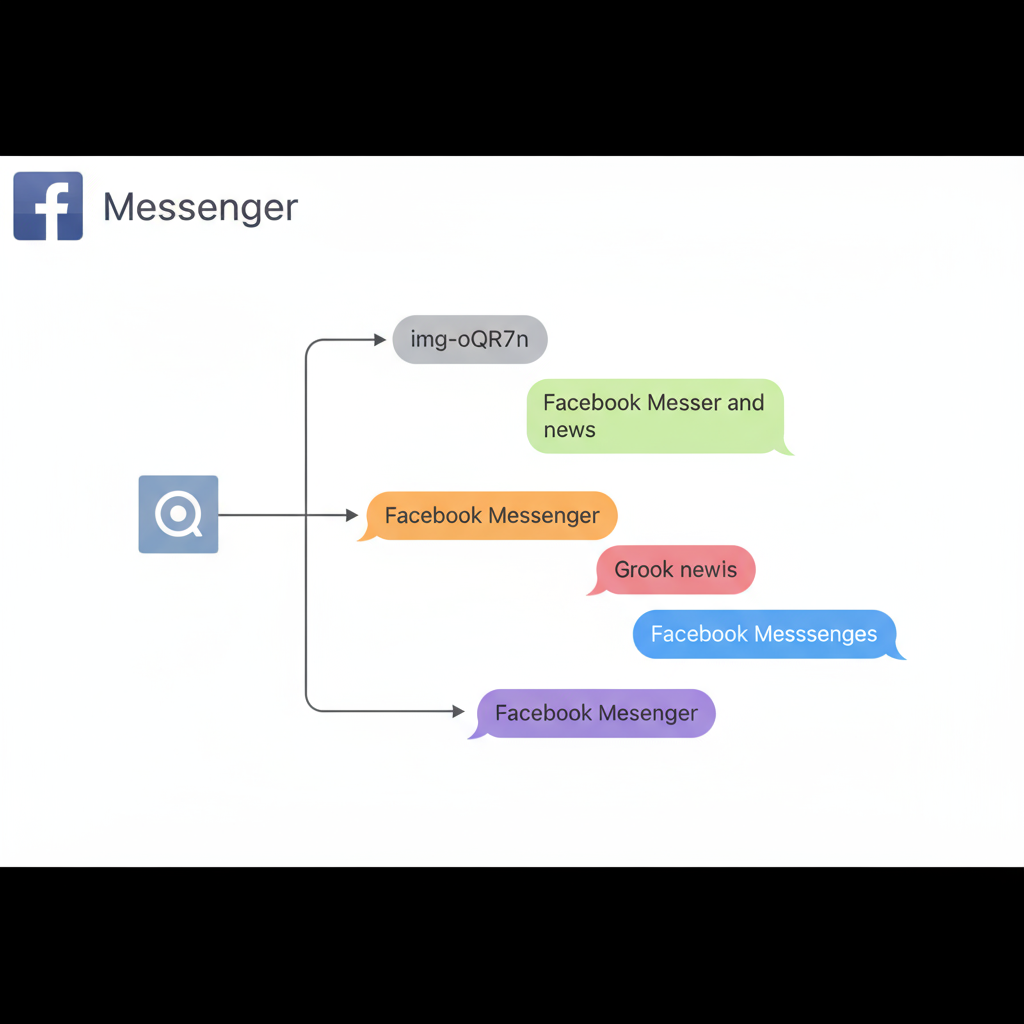
Introduction: Does Facebook Know When You Screenshot?
In a world where social sharing is instant and effortless, the question "Does Facebook know when you screenshot?" comes up often. This is especially true as some platforms, such as Snapchat, are known for instantly alerting users when a screenshot is taken. Facebook users—both on the main platform and Messenger—are naturally curious whether similar alerts exist, and how these might affect privacy.
This guide explains how screenshots work at the device level, details Facebook’s detection capabilities (or lack thereof), compares policies across platforms, and offers practical tips for safeguarding your privacy.

---
How Screenshots Work on Devices (OS-Level Capture)
Before exploring Facebook policies, it’s important to understand that taking a screenshot is primarily a device-level function handled by your operating system (OS):
- Mobile devices (iOS, Android): The OS uses hardware button combinations or screen gestures to capture what’s being displayed.
- Desktop computers (Windows, macOS, Linux): System shortcuts or utilities record what appears on the screen.
The captured image is created at the OS level. In most cases, apps themselves remain unaware a screenshot has been taken, unless the OS specifically provides such notifications—which is uncommon for privacy and security reasons.
---
Does Facebook Have Screenshot Detection Technology?
The short answer: Generally, no — Facebook does not notify users if someone screenshots posts, photos, or standard chat messages.
To detect a screenshot, a platform would need:
- OS-level event access or permissions
- App code to capture and process these events
- An alert system for the affected user
Because most operating systems do not broadcast screenshot events to all apps, Facebook cannot passively detect such actions in everyday usage.
---
Comparing Facebook With Instagram and Snapchat Screenshot Policies
Different platforms handle screenshots in very different ways.
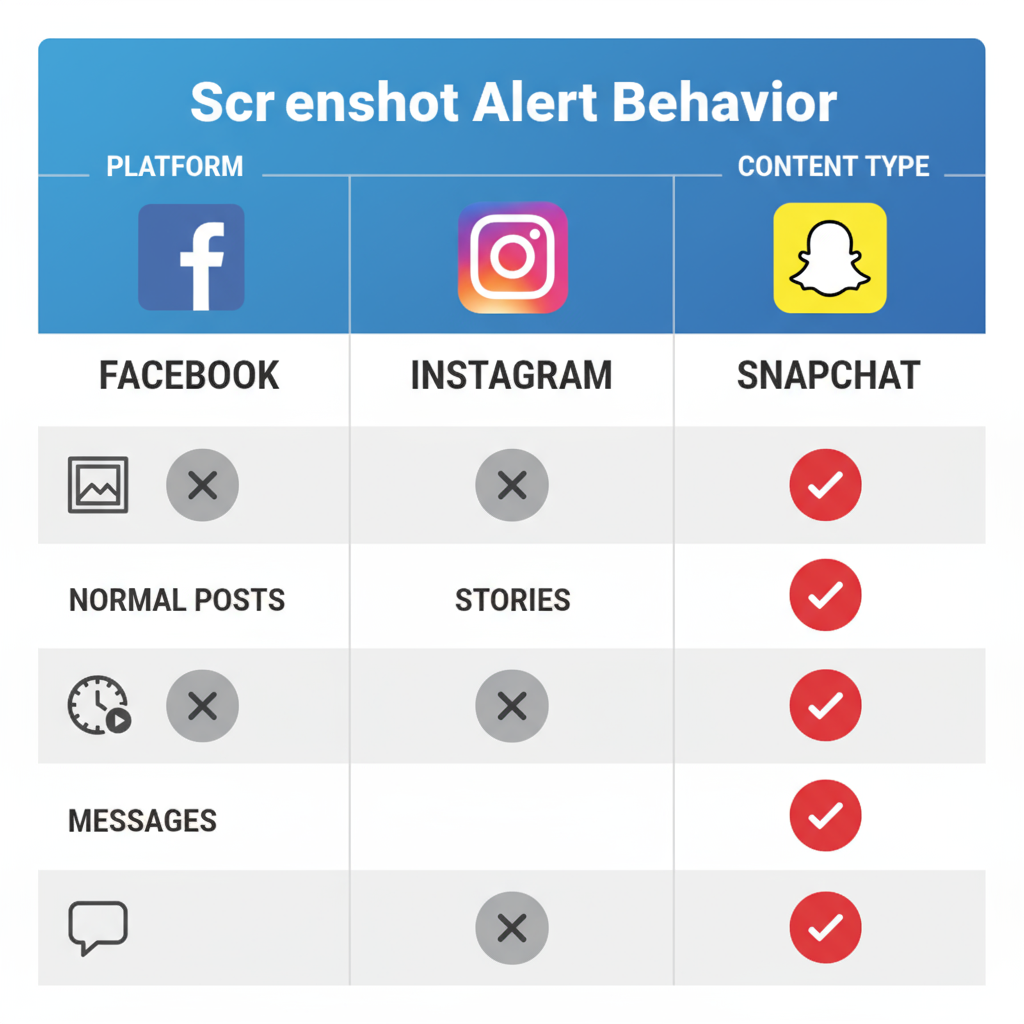
| Platform | Screenshots of Posts | Screenshots of Messages | Alerts? |
|---|---|---|---|
| Allowed | Allowed | No (except certain rare cases) | |
| Allowed | Allowed | Stories: No; Disappearing photos in DMs: Yes | |
| Snapchat | Allowed (visible content) | Allowed | Yes, in chats and for most Story content |
Key takeaway: Facebook’s screenshot policy is notably relaxed compared to Snapchat’s strict notification approach.
---
Facebook Messenger Screenshots: Normal Chats
In standard Messenger chats, screenshotting is undetectable:
- Text messages, photos, GIFs, and videos can all be screenshotted without alerts.
- This applies to one-on-one and group chats.
- Messenger encrypts data in transit but does not integrate OS-level screenshot notifications for this mode.
---
Facebook Messenger Screenshots: Secret Conversations
Messenger’s Secret Conversations are end-to-end encrypted, aiming to protect message content from Facebook itself. However:
- No alert is sent if a participant takes a screenshot.
- Messages remain secure while in transmission, but captured images are fully controlled by the person who took them.
Effectively, encryption safeguards content from third parties, not from participants.
---
Privacy in Private Groups and Closed Communities
Many Facebook users post in:
- Private groups
- Invitation-only events
- Closed community discussions
Even in these spaces, members can take screenshots freely. Facebook does not provide built-in screenshot detection for groups, meaning admins have to rely on rules, trust, and moderation to prevent leaks.
---
Myths and Rumors About Facebook Screenshot Alerts
Common but false claims include:
- “Facebook warns you if someone screenshots your profile picture.”
- “Taking a screenshot of a story sends a notification.”
Fact: Facebook has not rolled out screenshot notifications for ordinary content types, although the company occasionally tests privacy-related features.
---
Legal and Ethical Considerations for Taking Screenshots
Though easy to do, screenshots can raise legal or ethical issues:
- Copyright: A screenshot of creative work may be a protected copy.
- Privacy: Capturing private conversations or sensitive posts may violate expectations or confidentiality.
- Terms of Service: Facebook’s rules discourage unauthorized sharing of users’ content.
Act ethically—request permission to capture and share someone else’s material.
---
Tips to Protect Your Privacy From Screenshots
Practical ways to limit the risks of unwanted screenshots include:
- Adjust privacy settings to limit post visibility.
- Avoid posting sensitive content entirely.
- Use disappearing content features where available for reduced viewing time.
- Communicate boundaries to friends and contacts about saving or sharing content.
---
Alternative Methods to Save Content Without Screenshots
If you want to preserve Facebook content without taking screenshots:
- Bookmark or save posts using Facebook’s built-in tools.
- Copy text for personal reference where appropriate.
- Ask the original creator for the file.
For developers with permissions, the Facebook Graph API offers programmatic access to certain public data.
Example: Saving a post with Facebook's "Save Post" option:
1. Click the three-dot menu on the post.
2. Select "Save post."
3. Access it later via your Saved items.---
Conclusion: Best Practices for Safe and Respectful Online Sharing
So, does Facebook know when you screenshot? At present, no — not for regular posts, chats, or even Secret Conversations. That means the onus is on users to uphold privacy and mutual respect.
Best practices:
- Only share content you’re comfortable being stored.
- Be mindful of group and private chat etiquette.
- Know the legal context for any captured material.
By understanding how screenshots and Facebook policies intersect, you can better protect your own privacy—and respect the privacy of others.
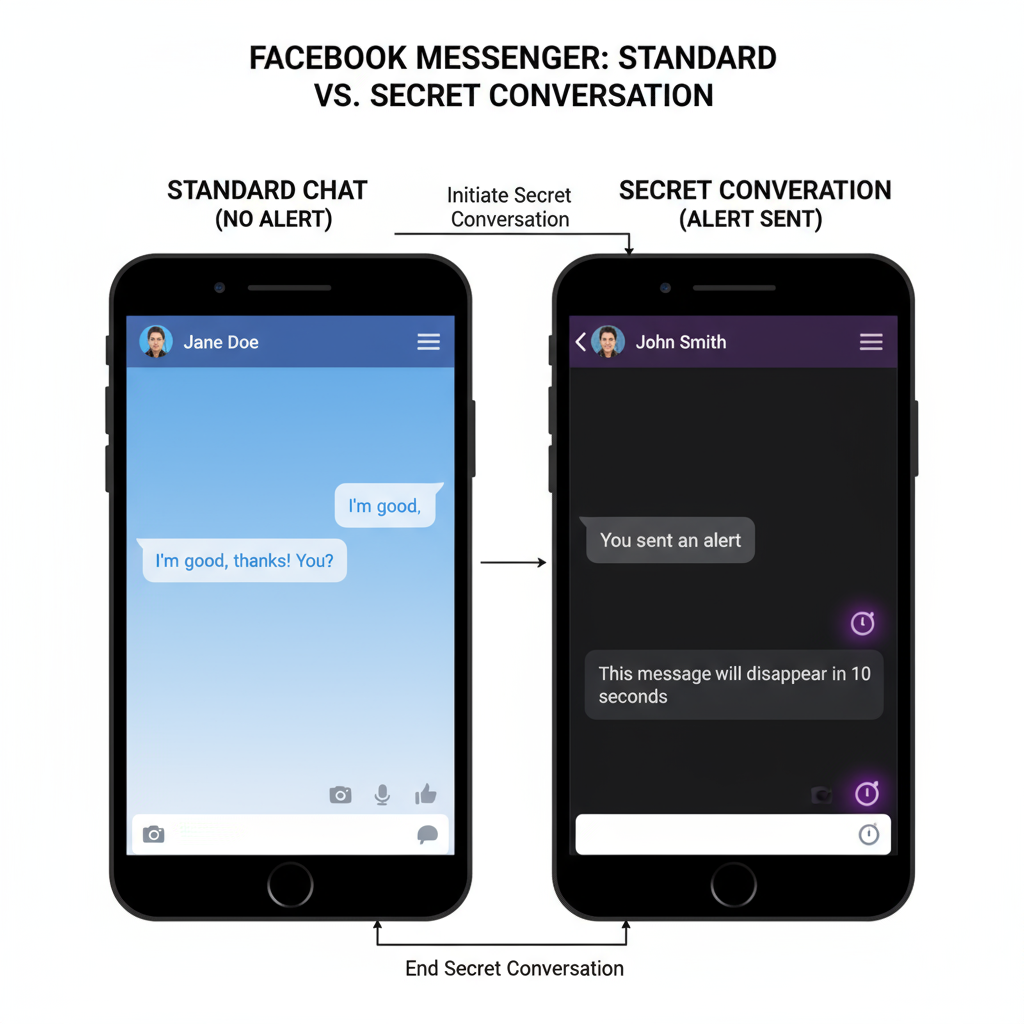
---
Summary: Facebook does not alert users when screenshots are taken, unlike Snapchat. With no built-in detection, users should manage their own privacy through settings, content choices, and respectful online behavior.
Call to Action: Review your Facebook privacy settings today and share this guide with friends to help them stay informed.

